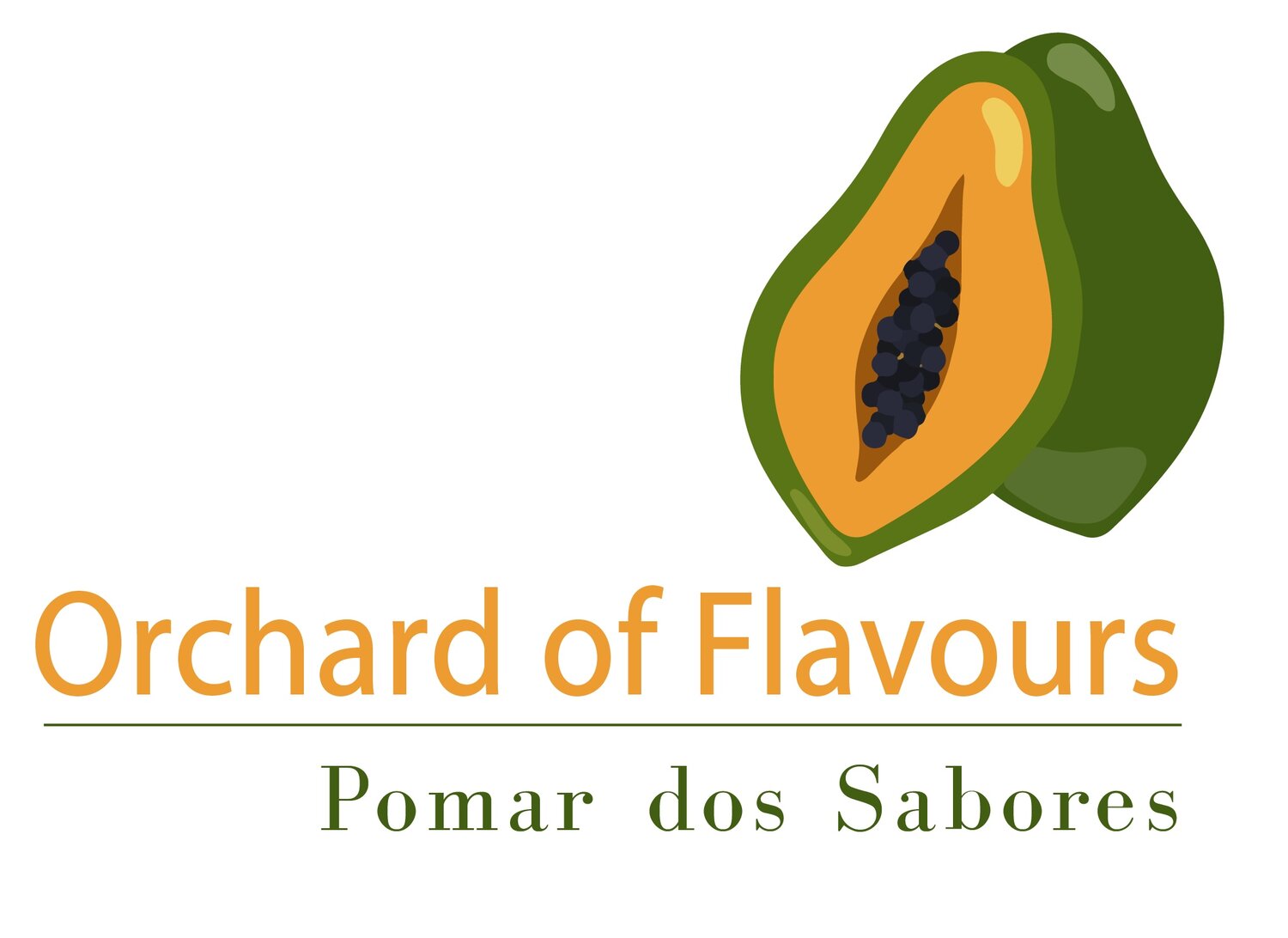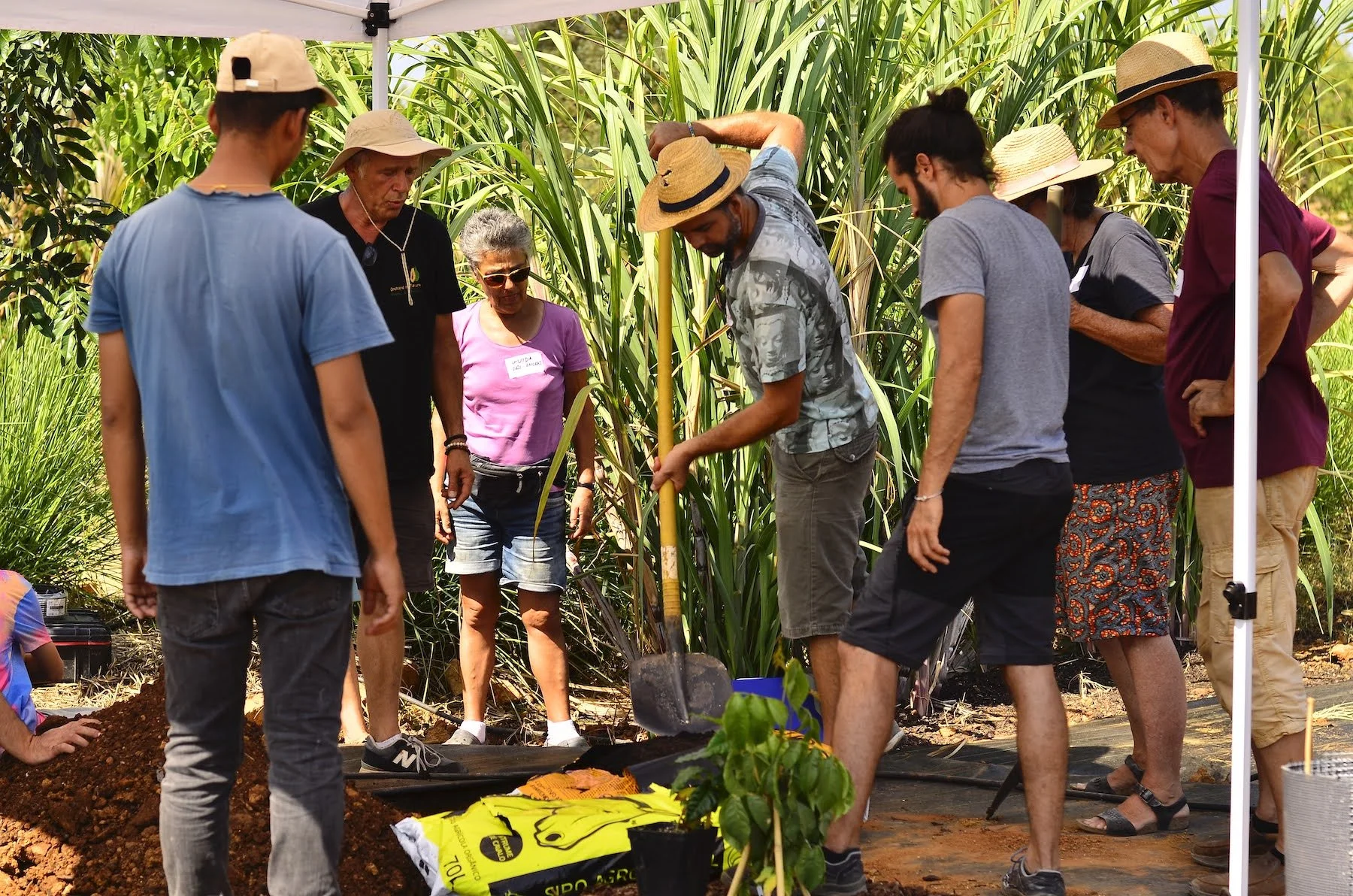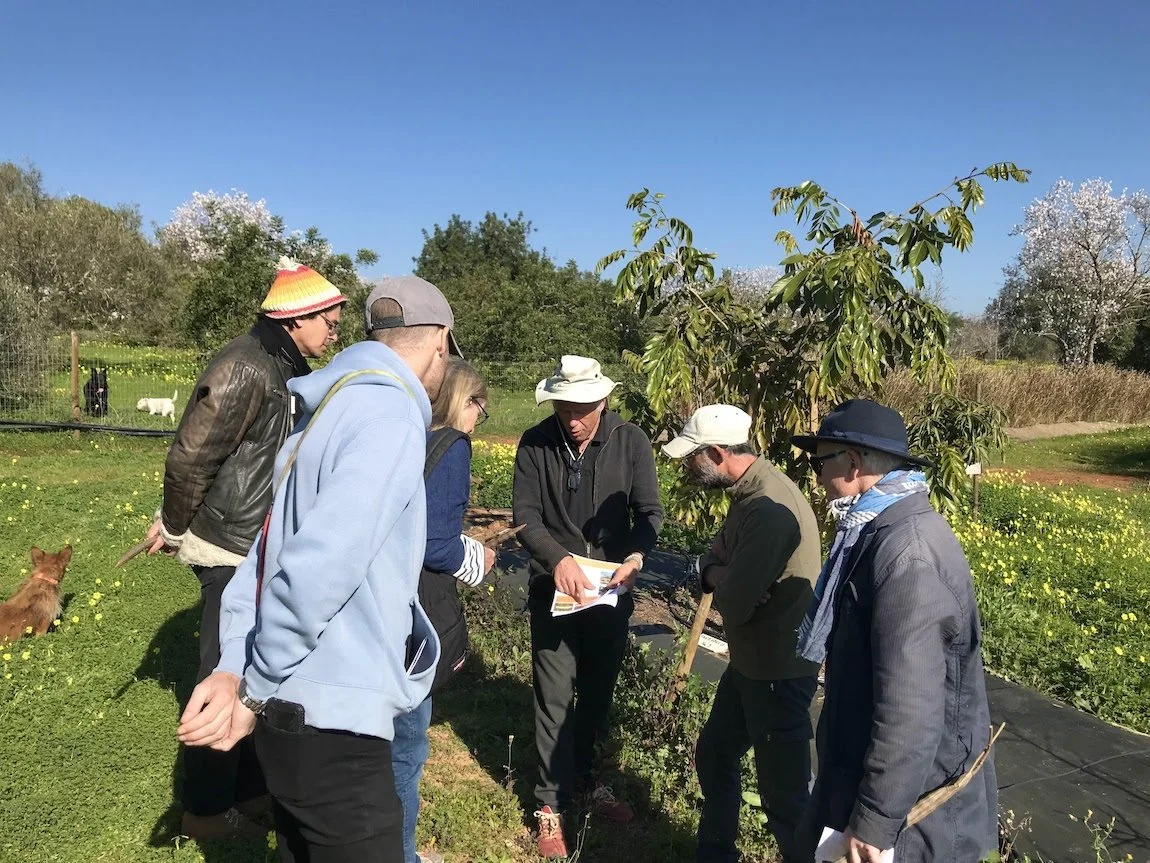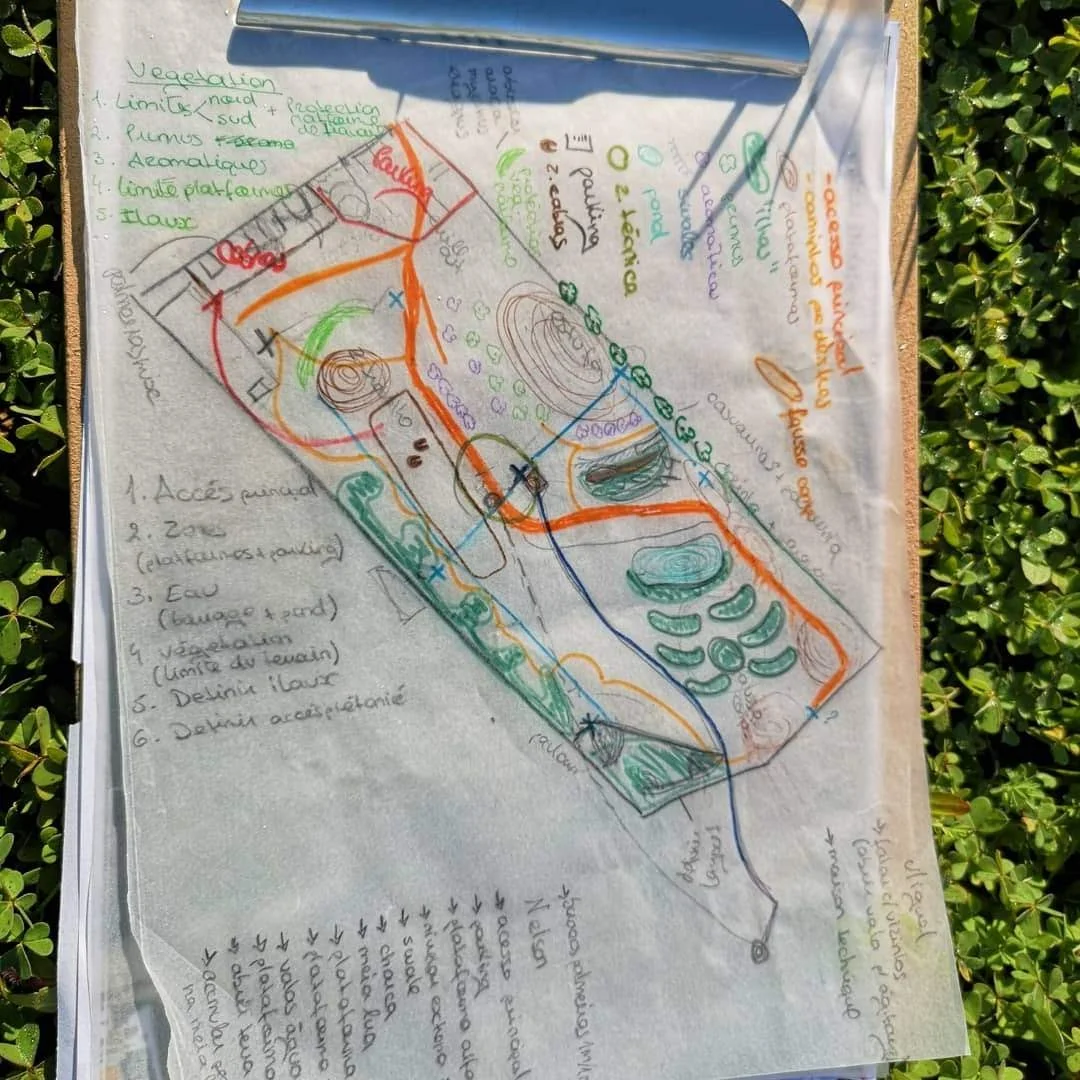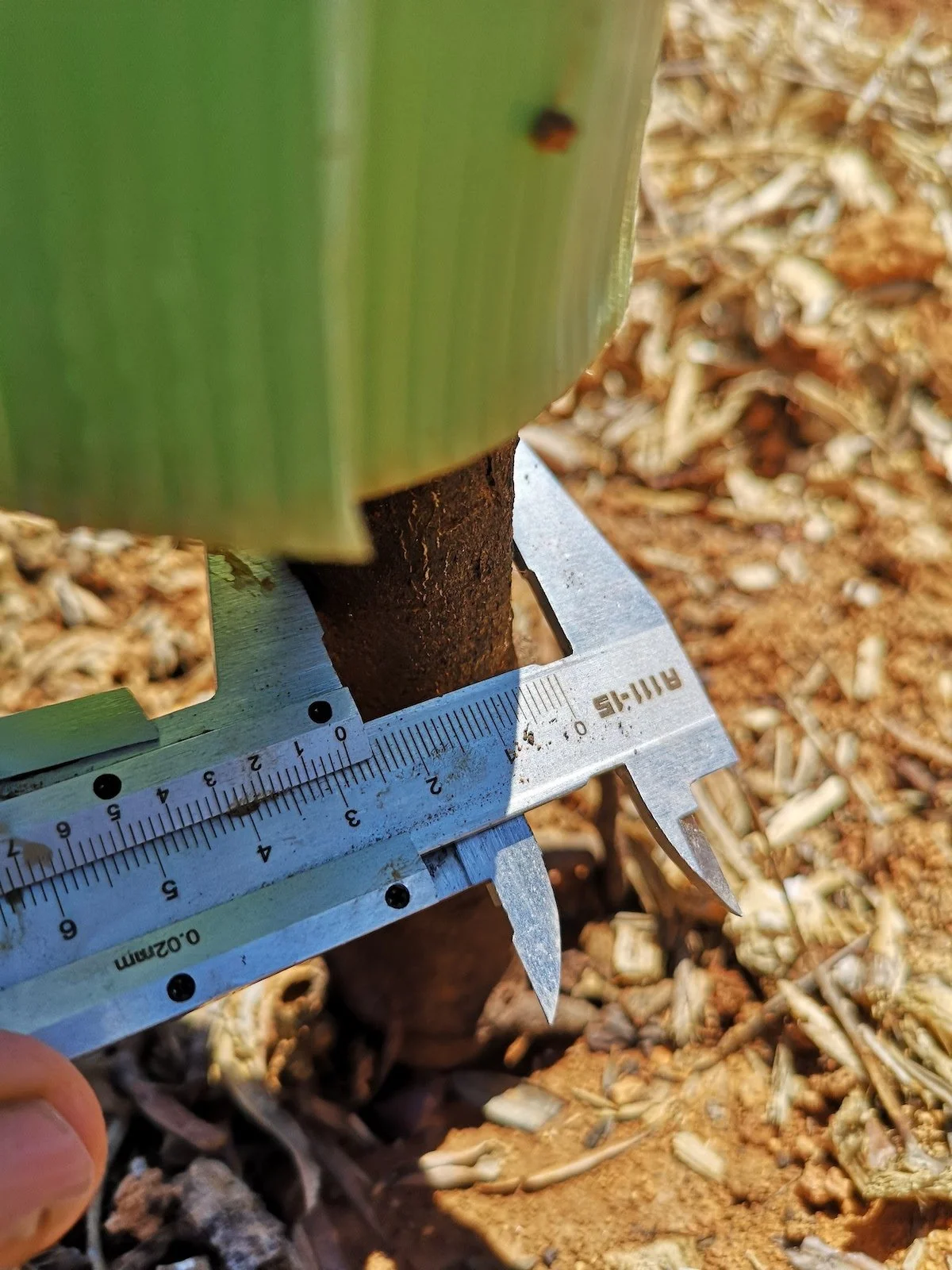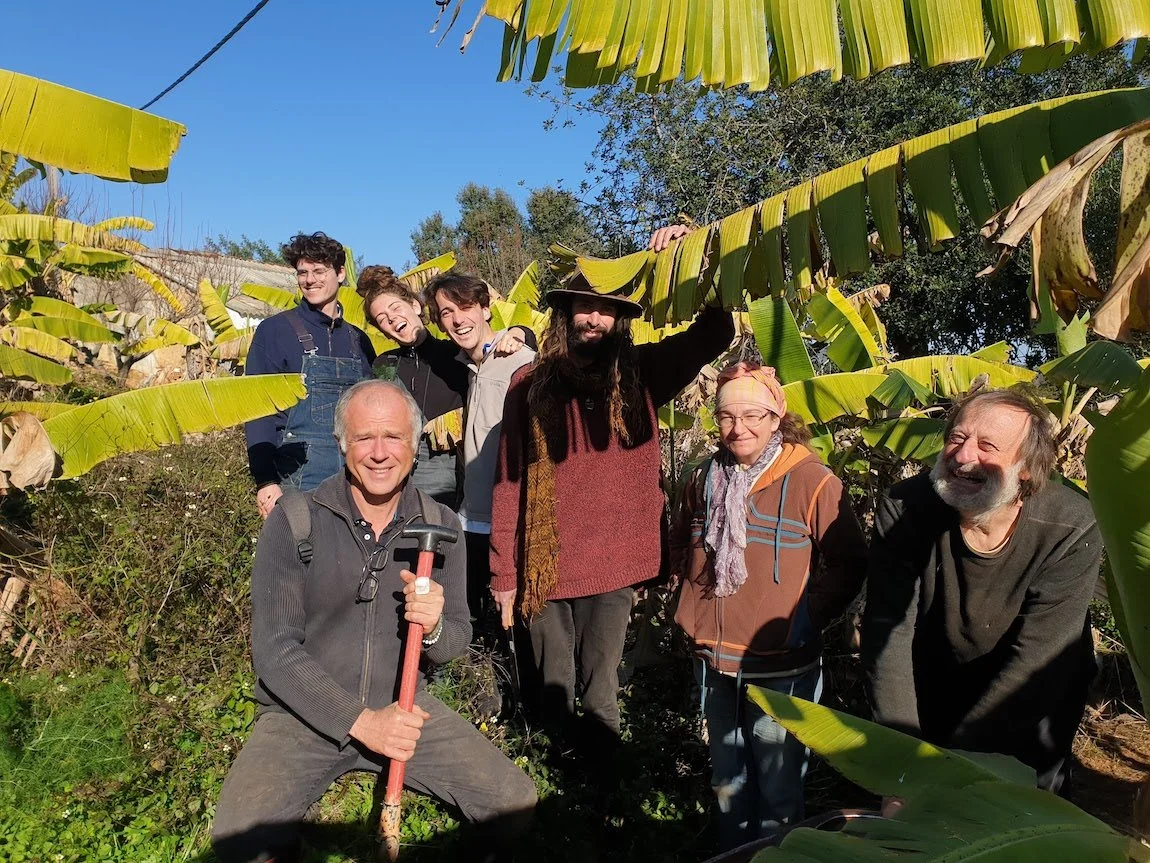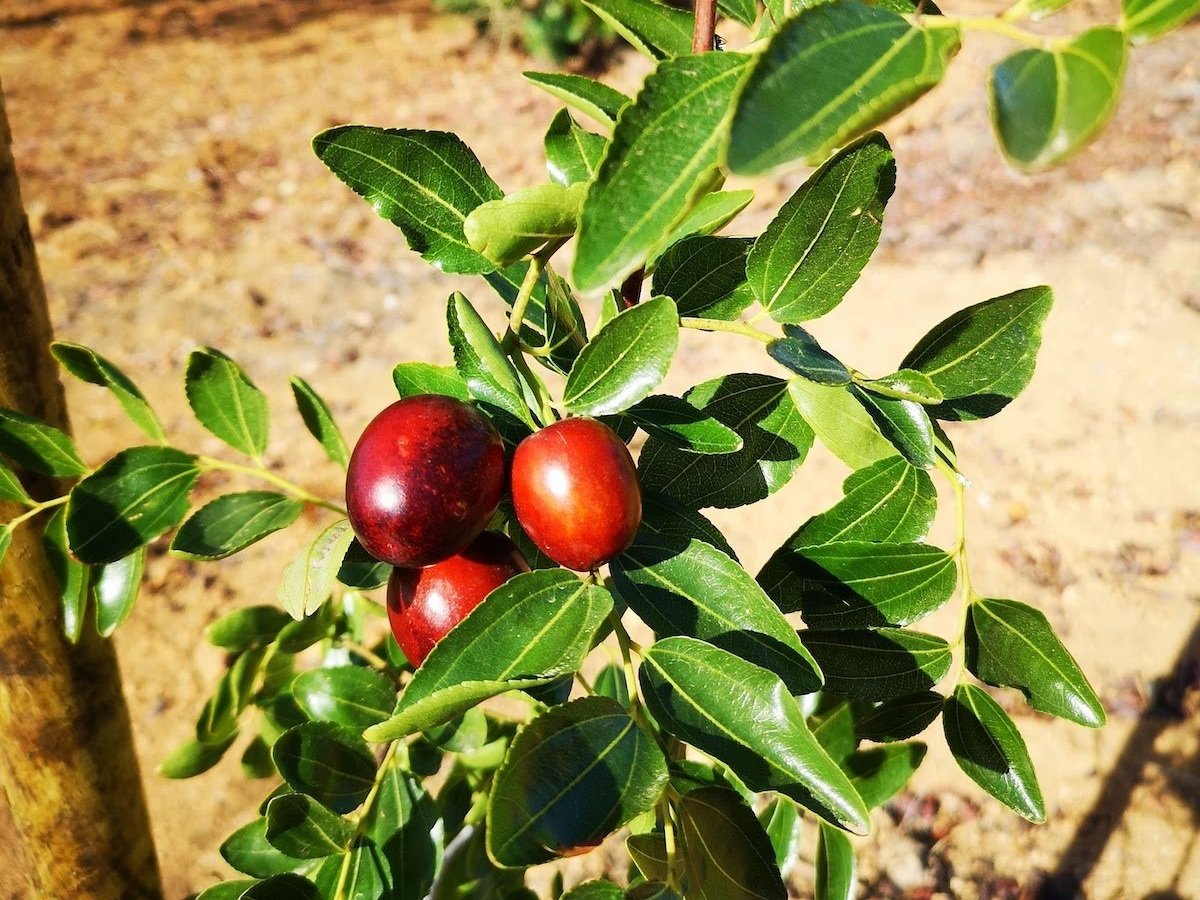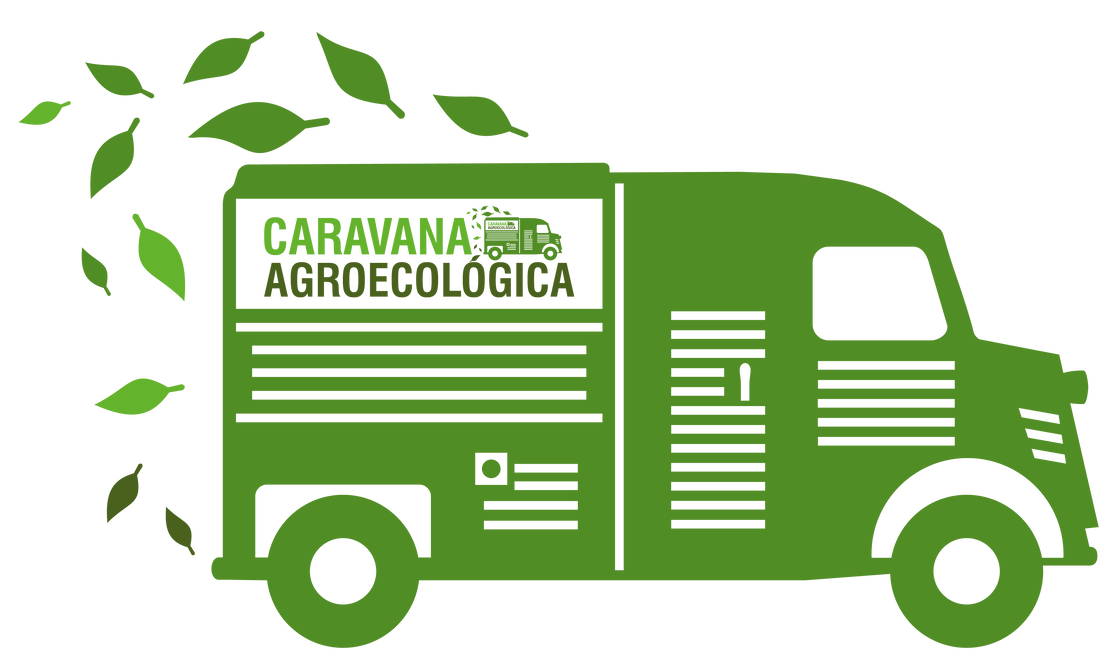Agroecology at the Orchard of Flavours
It is now well understood that intensive farming systems exhaust natural resources as they focus on short-term gains rather than on the long-term sustainability which would benefit the land, wildlife and local communities.
It is also widely recognized that this kind of agriculture (also known as “conventional farming”) contributes to drastic decreases in biodiversity and to the disruption of essential life-support systems, such as the water and carbon cycles.
These realizations have made it clearer than ever that the world is in urgent need of solutions to bring us an alternative food system that is no longer extractive, but sustainable. Or even regenerative!
Many new interesting solutions lie in agroecology.
Orchard of Flavours - Pomar dos Sabores botanical garden, in Tavira, Portugal
Agroecology and permaculture enthusiasts touring the Orchard with Miguel COTTON
As an open source educational project, the Orchard of Flavours aims at contributing to research and innovation in agroecology, in the specific field of fruit production. We are a member of Agroecology Europe.
Fruit production should be as local as possible. It should include a huge diversity of trees and plants, not just the 10 fruits we can buy at our supermarket. This gives us, not only more flavours (hence the name of the project !), but also a higher biodiversity, which helps us constructing sustainable and resilient systems, especially when it comes to pests. Planting trees and consuming locally produced food are activities which improve the climate and reduce our carbon footprint. In this way it can be considered as an important response to climate change.
Orchard of Flavours’ original draft masterplan
In our Learn section, you will find a growing number of articles explaining techniques or practices which are under experimentation at Orchard of Flavours. All these articles are co-written with the help of volunteers (some of which are scientists), and they’re a way to boost the learning experience that is volunteering at our project, while also enhancing the horizontal sharing of knowledge, an important principle of agroecology.
In the coming years, we aim to provide a constantly growing open source database of agroecological practices relating to fruit trees and, as a fellow enthusiast, your personal contribution is very welcome!
Our project is a non-profit entity as we would like to see agroecological practices being shared totally free of charge. Know more about the Orchard’s mission here.
What is agroecology?
Keeping track of tree trunk diameter as the ongoing plant database grows.
Agroecological concepts are primarily based on traditional and local knowledge, and their corresponding cultures. They combine that knowledge with the findings and methods of modern science. The strength of agroecology lies in the combination of ecological, biological and agricultural sciences, partnered with social sciences.
Agroecology is based on 10 core elements. Enhancing biodiversity, which may be the most important of these, is key for agroecological transitions to ensure food security and nutrition while conserving and protecting natural resources.
Agroecology is now considered jointly as a science, a practice and a social movement. It encompasses the whole food system, from the soil to the organisation of human societies.
As an applied science, agroecology gives priority to action, research, holistic participatory approaches and transdisciplinarity inclusive of different knowledge systems. Miguel Altieri is one of the prominent figures of that science which is now taught at many universities across the globe. As a science, it follows a systematic methodology based on evidence, measurements of data, critical analysis, verification and testing.
As a practice, agroecology is a farming approach that’s inspired by natural ecosystems. It is an umbrella term that covers multiple agricultural practices that you may be more familiar with, like organic farming and agroforestry. It combines local and scientific knowledge, and focuses on the interactions between plants, animals, humans and the environment. It is based on the sustainable use of local renewable resources, local farmers’ knowledge and biodiversity. It aims to create a more resilient system and to provide multiple benefits (environmental, economic, social) from a local scale to a global one.
As a social movement, it defends smallholders and family farming, farmers and rural communities, food sovereignty, local and short food supply chains, diversity of indigenous seeds and breeds, healthy and quality food.
The 10 Elements of Agroecology: Enabling transitions to sustainable agriculture and food systems — FAO
Agroecology and permaculture
We fully agree with the ethics of permaculture: Care for the Earth, Care for the People, Share the surplus. We are among those who think permaculture can bring very interesting tools and concepts.
We are also among the permaculturists who think permaculture should be open to criticism and demonstrate a stronger willingness to make bridges with science. So far, permaculture clearly has not evolved into an applied science like agroecology did. Indicators, quantitative data and peer reviewed articles are not a common practice in the world of permaculture.
We really hope that a new generation of practitioners will change this! Help us be a part of this change!
Visiting a neighbouring banana farm, in Moncarapacho, Portugal
Ziziphus jujuba, or Chinese Date
Agroecology and innovative technologies
Though technophilia is not our cup of tea, we do think that whenever innovative technologies can prove helpful, we should make use of them.
At the Orchard of Flavours, we have implemented a system of soil moisture sensors and a complete agricultural weather station. We use the best available irrigation systems — developed by Netafim and Rainbird — in order to save water, while also staying updated on relevant research about biostimulants, which aim to reduce our need for chemical inputs by enhancing the plant’s own autonomy. We are also testing with biodegradable plastic mulching felts developed in Germany.
The Agroecology & Technology Fieldlab of Wageningen University (The Netherlands) is a great example of how smart technologies are being implemented to develop more nature-inclusive and regenerative agricultural systems.
Want to study agroecology?
Good news, it is often free! There are many free MOOC (Massive Open Online Courses) developed by renowned universities, there are also many associations you can join.
Agroecology Europe shares a list of study programmes and courses which are available across Europe.
There is also a really interesting Portuguese project called Caravana Agroecológica (Agroecological Caravan), initiated by Universidade de Lisboa, which aims at gathering and promoting all the agroecology projects in Portugal.
Great links to explore
This article was compiled by Miguel COTTON, Jackson KNIGHTS, Christoph LANGER and Miguel PEREIRA. If you have any questions or suggestions, do not hesitate to contact us. miguel@orchardofflavours.com
